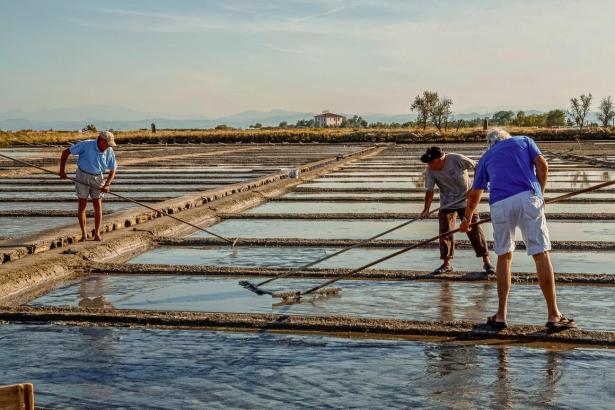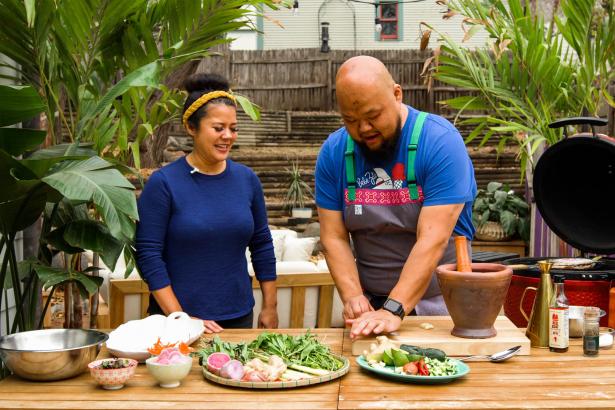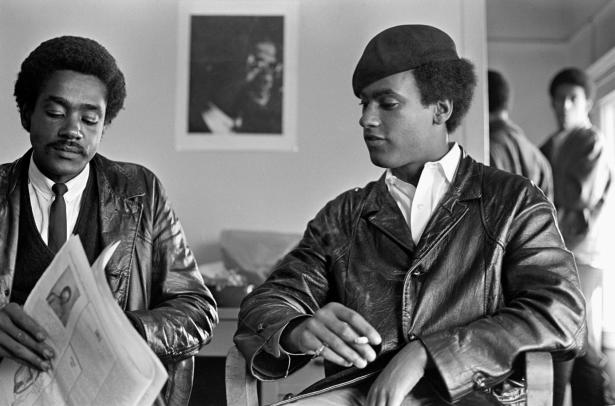Every Year, This Italian Town Hand-Delivers Salt to the Pope
Atlas Obscura

Salt has an important and complicated history in Italy—it’s been the cause and casualty of endless wars. When Cervia became part of the Papal States, its salt became “Il Sale dei Papi, salt of the pope.”









Spread the word